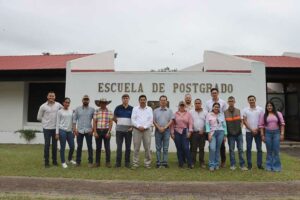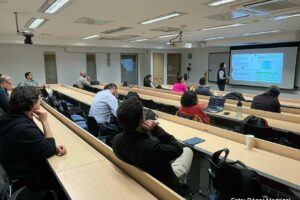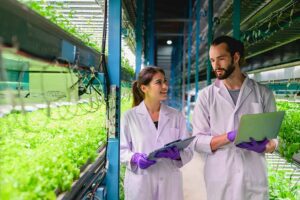ACTIVA-CATIE Designs a New Sustainable Business Canvas for Rural Enterprises
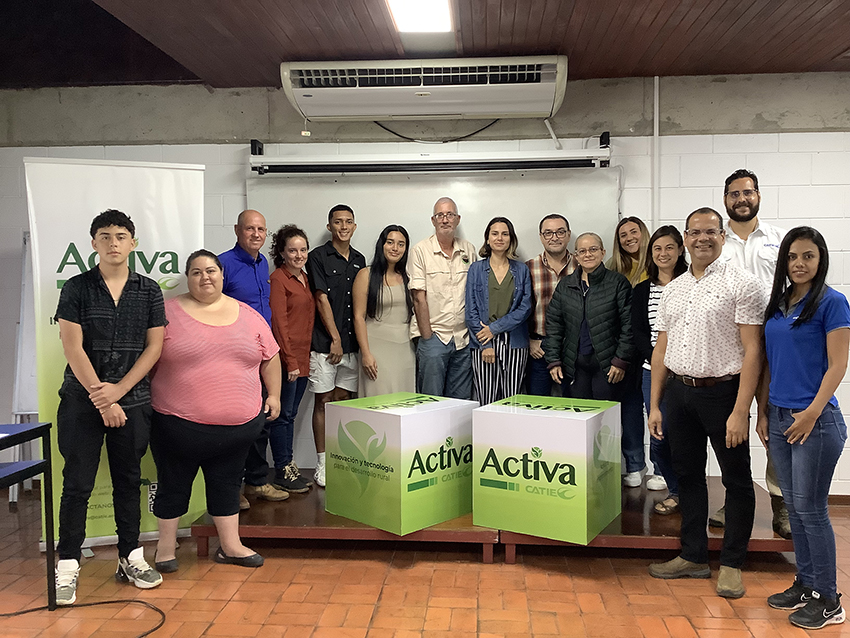
- Innovative tool to address rural contexts previously unevaluated, such as specific challenges arising from environmental conditions or community dynamics.
On July 11, a workshop was held to validate a new sustainable business canvas designed by ACTIVA-CATIE. This event, held at the Orton Memorial Library, gathered 15 rural entrepreneurs and is part of the efforts by the ACTIVA innovation and entrepreneurship lab, belonging to the Forests and Biodiversity in Productive Landscapes Unit (UBBPP) of CATIE, to adapt business tools to the realities and needs of the rural sector.
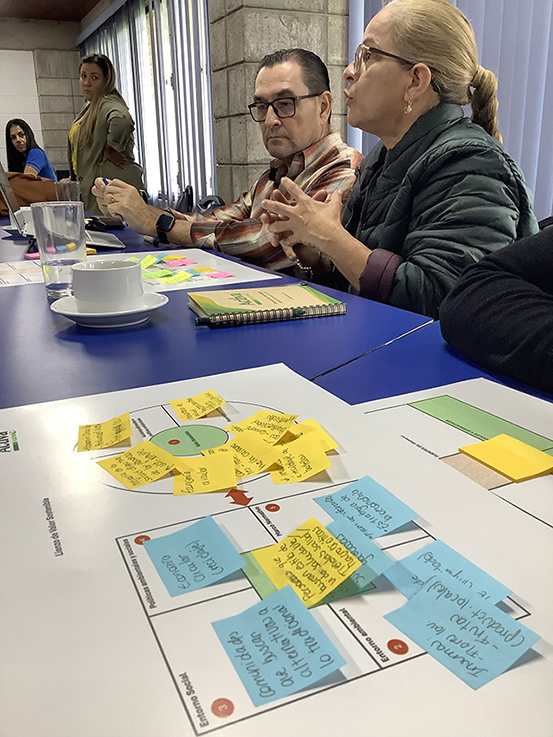
Traditionally, Alex Osterwalder’s Business Model Canvas is used in business incubation programs, a visual tool that facilitates the design and visualization of business models. However, its implementation in rural contexts has not been fully evaluated and presents limitations as it does not address the specific particularities and challenges of rurality, such as environmental conditions, community dynamics, social structures, and public policies and regulatory frameworks that affect businesses.
Based on ACTIVA-CATIE's experience in incubating more than 100 rural businesses in Costa Rica, the need for a new canvas integrating specific environmental and social factors has been identified, allowing rural enterprises to include actions to avoid, mitigate, or correct environmental and social impacts.
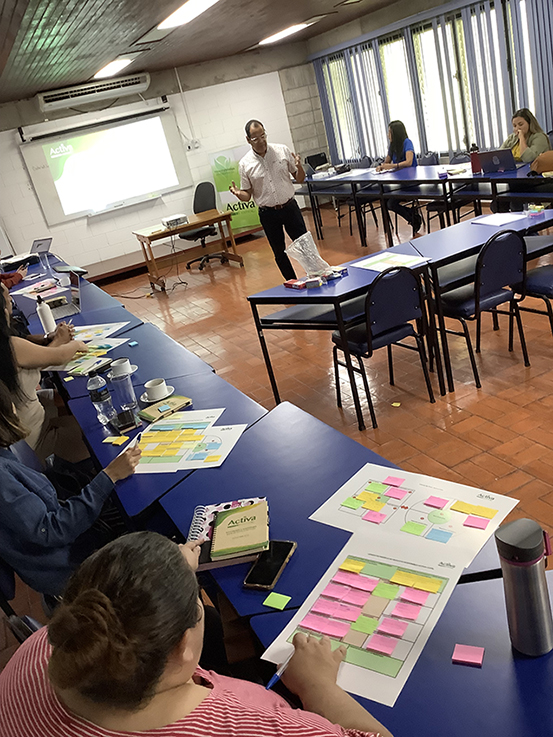
The workshop was divided into two parts. The first first part was led by Ricardo Padrón, an Innovation and Entrepreneurship specialist at CATIE, who detailed the components of the canvas and guided participants through feedback exercises and discussions. The second part was led by Vladimir Valera, director of ACTIVA, who explained the components of environmental and social safeguards that are a fundamental part of the new Jeannette Sánchez canvas. Consultant Gabriela González, along with Forest Engineer Juan Serrano, also contributed significantly to the implementation and design of the workshop.
Innovation and Sustainability
The new sustainable business canvas also includes an additional tool, the Sustainable Value Canvas, which helps entrepreneurs define value propositions that consider the environmental and socio-cultural context, public policies related to climate change, bioeconomy, and circular economy, as well as better knowledge of their customers to promote responsible consumption.
Vladimir Valera emphasized that the goal of the new canvas is for companies, both in their initial stages and in more advanced phases, to adopt a triple impact approach, where profitability is as important as environmental and social sustainability. This will attract the interest of impact investors and participation in differentiated markets.
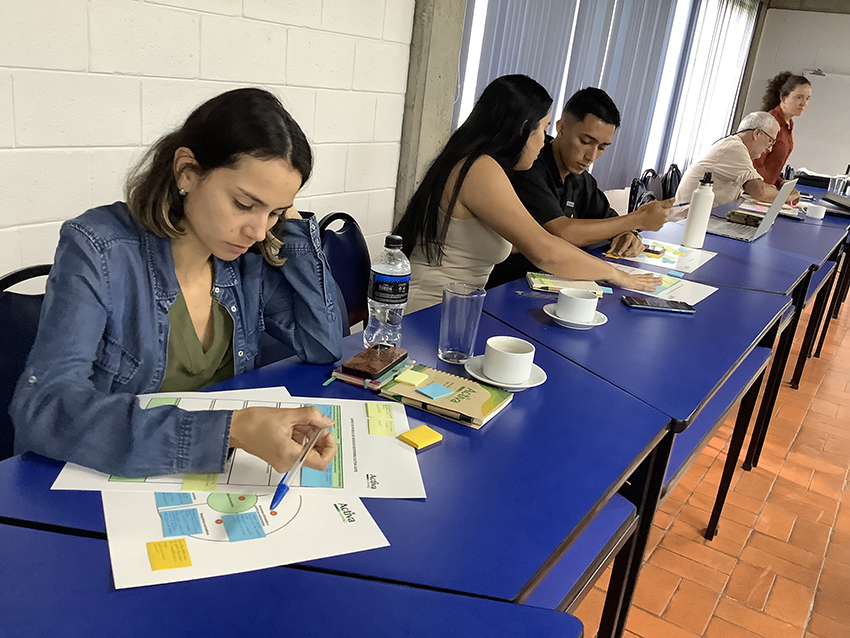
Results and Future Perspectives
During the workshop, entrepreneurs who had previously used Osterwalder’s traditional canvas had the opportunity to rethink their business models with the new canvas. The results were positive; the entrepreneurs noted that the new canvas allows them to consider crucial aspects for the legal and environmental viability of their businesses. Additionally, they identified benefits for biodiversity and natural resources, as well as the generation of employment and productive linkages aligned with a sustainable value proposition.
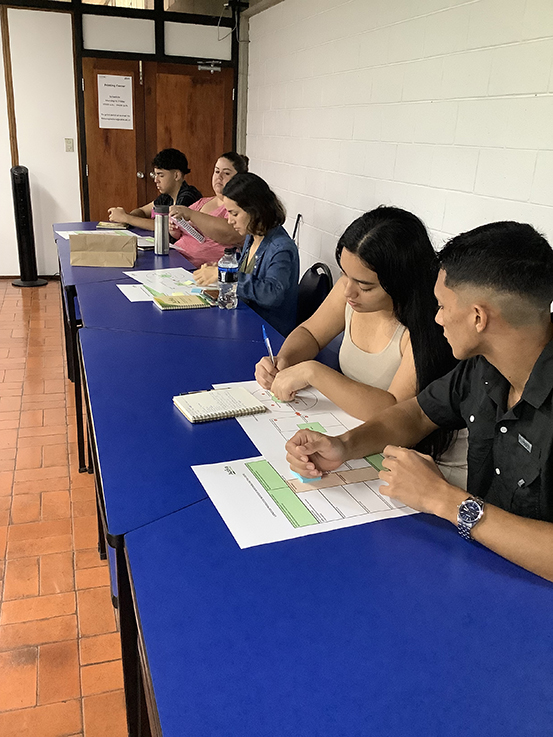
Sergio Calderón, owner of Mariposario Agronatura, noted that the new work canvas contains novel elements that allow for a much more grounded description of the business; while Emili Fung, owner of Muchabucha SRL, indicated that unlike other canvases, the one developed by ACTIVA forces them to question if they are doing things right and think about what new elements or activities they need to implement to be responsible and sustainable businesses.
ACTIVA-CATIE plans to use the results of this workshop and future workshops to publish a technical guide and a research article that will be available to the interested public, thus contributing to the strengthening of sustainable rural enterprises in Costa Rica and the region.
This effort represents a significant step towards integrating sustainability into rural business models, demonstrating CATIE's commitment to innovation and sustainable development in productive landscapes.
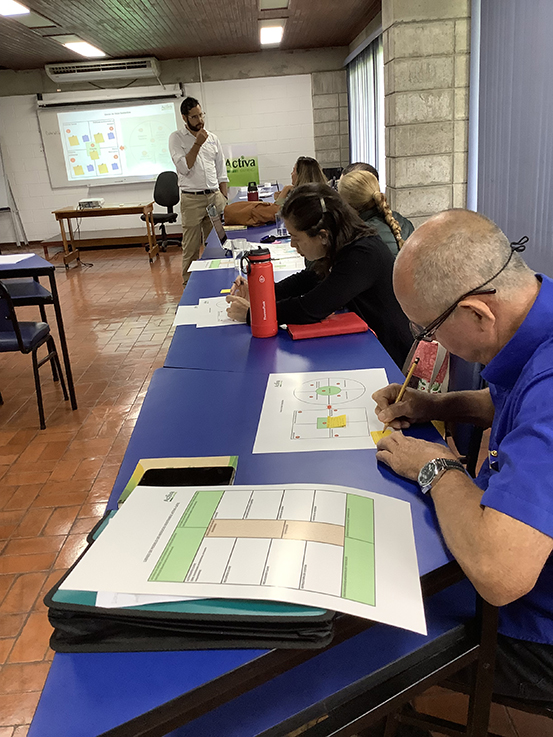
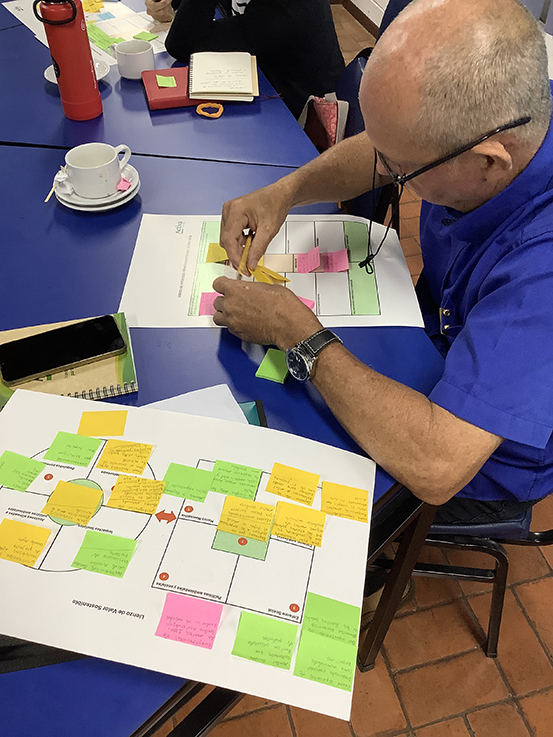
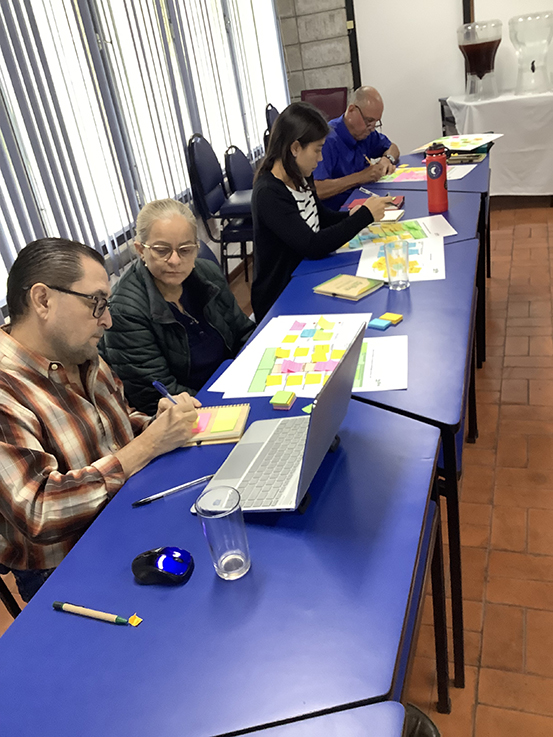
Written by:
Esteban Rodríguez
Communicator
Communications Office
esteban.rodriguez@catie.ac.cr

